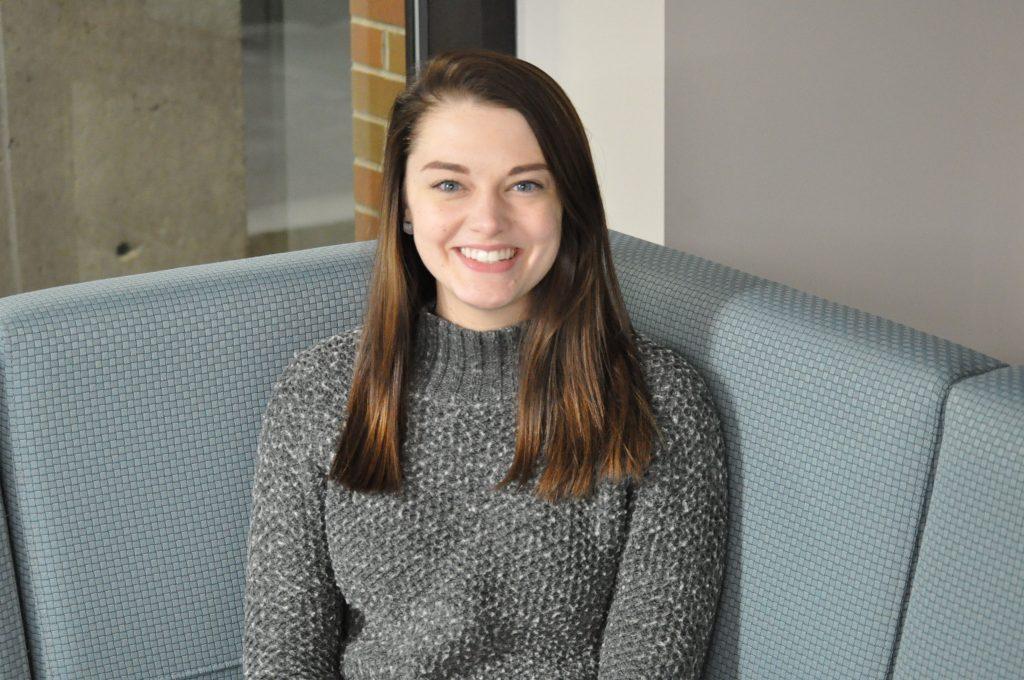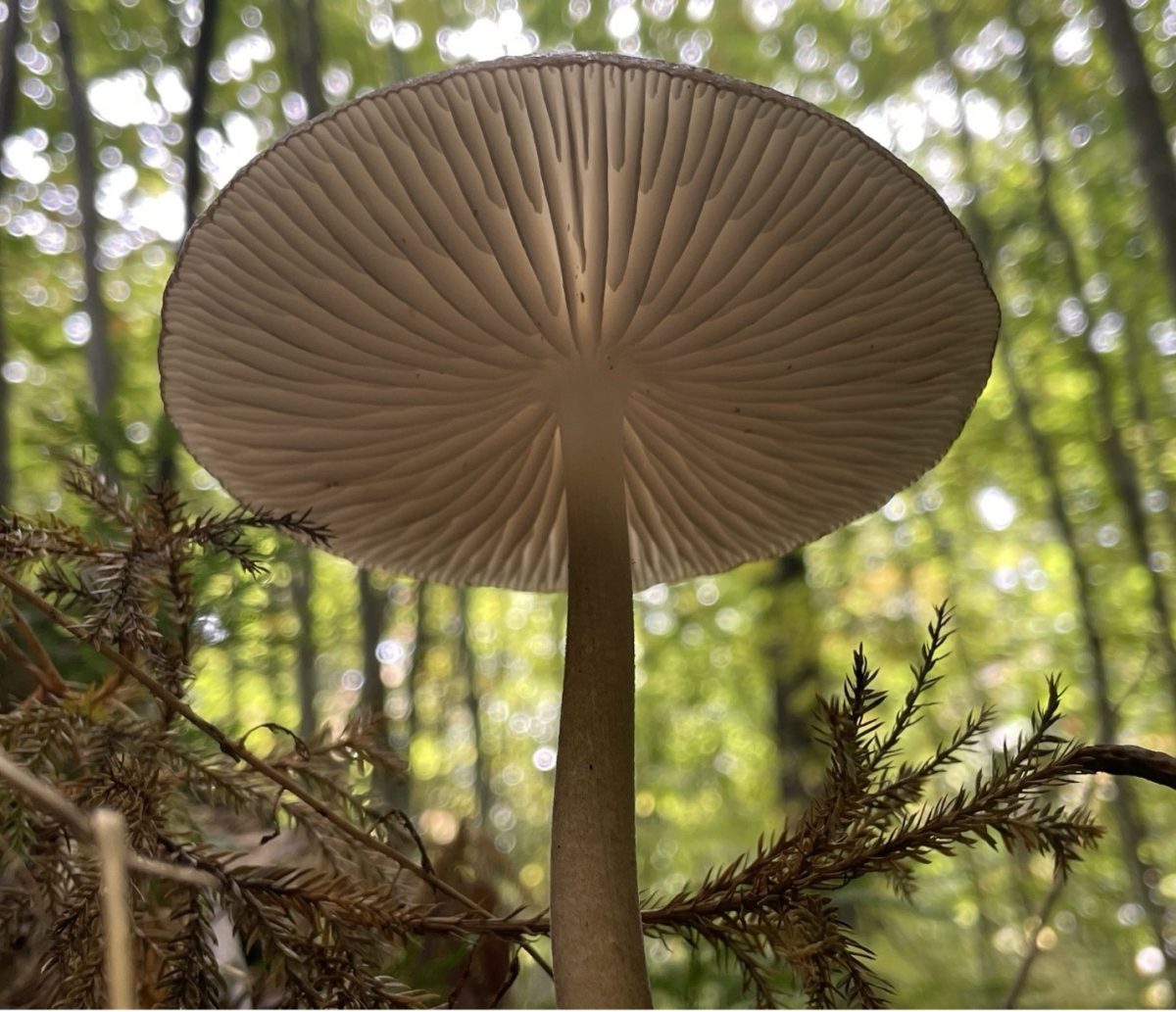Three weeks ago, I wrote a column about how nervous I was for my first international travel experience, promising at the end of the article to give you a travel recap in a few weeks.
Spring break has come and gone, my Alternative Break Service Trip (ABST) to San Lucas, Guatemala, has concluded and here I am reflecting on my week spent in a Central American country.
While my trip to Guatemala was what I would consider one of the most influential experiences of my life thus far, it was also not at all what I was anticipating.
I’m not quite sure what I thought I would be gaining throughout the trip, but I figured it would be some sort of sympathy for the Guatemalan people and appreciation for what I have in life that they lack.
I knew going into this voyage that Guatemala was a poverty-stricken nation, and that a majority of the activities that we would be doing were intended to help the native people.
By the end of the week, I realized that the people of San Lucas were helping me in more ways than I was helping them.
Every interaction I had with a native community member left me feeling as if I gained something sincere from the conversation.
For them it was probably comedic relief to talk to someone with such horrible pronunciation, but I still could tell that I was making a relationship with them.
When it came to the habitat projects, I quickly realized that my poor hammering skills were actually slowing down the house-building process, and that the native people working on the project alongside us could probably get the job done quicker if we weren’t slowing them down.
My ABST experience also taught me that while people in other nations live their life in a more simplistic manner, it doesn’t necessarily mean that their way of life is any less important or worthwhile than mine.
Although they might not have the amenities that we have, they do just fine without them. This made me question whether these things that we are privileged to have are really privileges at all.
For example, the lack of technology present in the average San Lucas household could be argued as a positive, with many of the people being more invested in their communities and many of the children being more active outside.
In San Lucas, the locals were very social and friendly, with everyone stopping to say hello in the streets rather than walking around with their heads in their phones.
Another questionable privilege was brought to my attention when a large number of my group members got sick during the week with some sort of amoeba virus.
It certainly wasn’t anyone’s fault that they got sick, but it was interesting to see how quickly many of the students became ill due to a form of bacteria that is not harmful to the native population.
The weakness of the American immune system might be reflective of our tendency to over-prescribe and a lack of exposure to “good bacteria,” which made me wonder whether our advances in medicine are all sincerely beneficial.
At the end of this all, I take away a genuine appreciation for what the people of San Lucas have in terms of simplicity and spirit.
I thank San Lucas and my ABST experience for motivating me to live a simpler life and showing me that while human life around the world is different from place to place, it can be equally fulfilling everywhere you go.
OLIVIA BURGER
[email protected]




